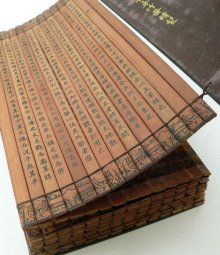The same strategies used by a military commander to defend the nation can also be used to protect one’s self. Sun Tzu’s classic manual The Art of War is therefore required reading for all serious martial artists.
Here is a summary of Sun Tzu’s most important points (based on translations by Roger Ames):
On Assessments (計篇第一)
Warfare is the art of deceit. Therefore, when able, seem to be unable; when ready, seem unready; when nearby, seem far away; and when far away, seem near. If the enemy seeks some advantage, entice him with it. If he is in disorder, attack him and take him.
Attack where he is not prepared; go by way of places where it would never occur to him you should go. These are the military strategist’s calculations for victory—they cannot be settled in advance.
